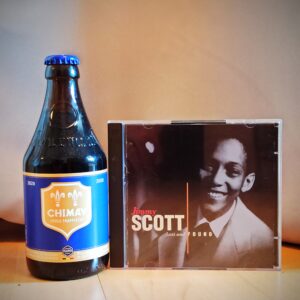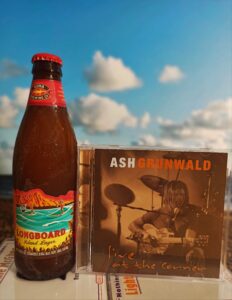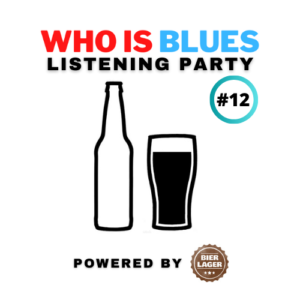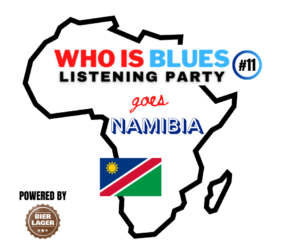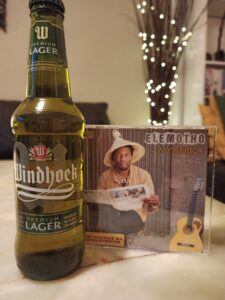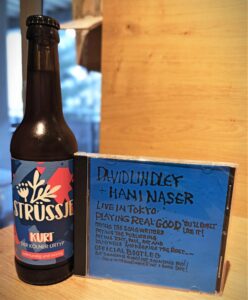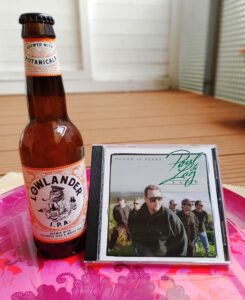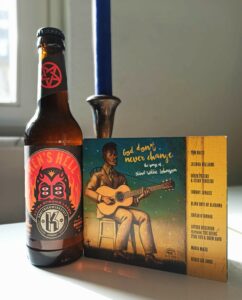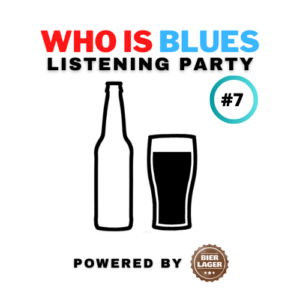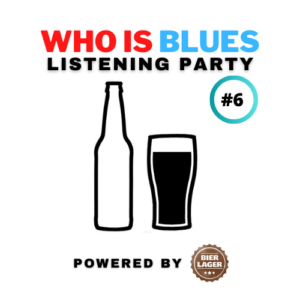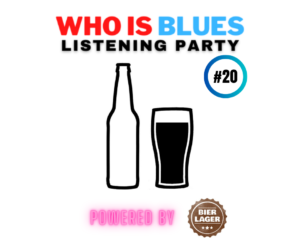
featuring…
♫ Jimmy Scott, Lost and Found
🍺 Chimay Bleue Trappist Ale
![]()
Words & photos: Vincent Abbate
I like to jump around musically at the Listening Party, both within and without the blues genre. Now that we’ve reached another round number on the beer and blues hit parade, I intend to do some more jumping.
You see, I’ve never quite understood why blues fans – or diehard fans of any one style of music – are so intent upon listening only to that genre, or why they choose to define it so narrowly. It’s like loving basketball but hating all other sports, like reading police procedurals but no other kind of book. Doesn’t seem quite right, does it?
I’m devoting today’s Listening Party to Jimmy Scott and his album Lost and Found. It’s a reach, I guess, outside the blues into the realm of jazz. Scott – to my mind the greatest balladeer ever – is generally considered a jazz singer. But honestly, I can’t think of anyone bluesier.
Beer is also matter of taste. There are purists who stick to one type of beer or even a single brand throughout their lives. Others try different styles and flavors from all over the world, discovering loves, likes and dislikes along the way.
That’s what I’m doing here at Listening Party. Exploring the world of beer while presenting my favorite music. Today, while getting lost in the wonder and heartbreak of Jimmy Scott, we’ll partake of Chimay Bleue, a strong Trappist ale from Belgium. I honestly don’t know what to expect.
Let’s do it. Beer and blues, round 20.
